On February 14, 2002, Democratic Senators Joe Biden, John Edwards, Diane Feinstein, Ron Wyden, Robert Torricelli, and Chris Dodd amongs joined with every single Republican in the Senate including Susan Collins, Olympia Snowe, Lincoln Chaffee, and the rest to kill a measure that would have given felons, including rapists, drug traffickers, and arsonists, the right to vote.The measure failed 63 to 31.But while Joe Biden and Dianne Feinstein were siding with the Republicans in the United States Senate, there were actually three Republicans joining 28 Democrats to support giving these felons the right to vote. One was Senator DeWine of Ohio who the voters would thereafter throw out of office.The other two Republicans were Senators Rick Santorum and Arlen Specter of Pennsylvania.Compassion in action I guess. Luckily they lost.Interestingly, some Santorum supporters are under the impression that Santorum’s vote was about federalism and letting states decide ultimately if felons have the right to vote. First, states already had that right. Second, this is facially not true.
Amendment 2879, sponsored by Senators Harry Reid, Russ Feingold, and Arlen Specter — the very amendment Santorum voted for — established a Commission on Voting Rights and Procedures to “to require States to meet uniform and nondiscriminatory election technology and administration requirements for the 2004 Federal elections” and provides felons the right to file a complaint with the Attorney General of the United States if they are denied the right to vote. (Note Senator Reid calls these people “ex-felons” instead of “felons”)Senator Harry Reid, one of the three sponsors of the amendment, said on the floor of the Senate, “Basically what this amendment does is ensure that ex-felons, people who have fully served their sentences, have completed their probation, have completed their parole, should not be denied their right to vote.”Senator Reid went on to say
Nonetheless, the amendment Senator Specter and I have crafted is narrow in scope. It does not extend voting rights to prisoners. Some States do that. I don’t believe in that. It does not extend voting rights to ex-felons on parole, even though 18 States do that. It does not extend voting rights to ex-felons on probation, even though some States do that. This legislation simply restores the right to vote to those individuals who have completely served their sentences, including probation and parole. Finally, this legislation would only apply to Federal elections, but it would set an example for the rest of the States to follow what we do in Federal elections. Even though we have delegated to the States time, place, and authority, Congress has retained the ultimate authority with ample precedent to set qualifications for Federal elections. We did that with motor-voter registration and others.
As Senator Reid said, this law would apply to all federal elections in all states — President, Senate, and House of Representatives. States would only be able to exempt out state elections, but to do so would drive up the costs of elections in states as a practical matter. In other words, this is the federal government trying to impose uniform federal standards on states making them loosen the requirements on what it takes for felons to get their voting rights back after leaving jail.For those who even want to begin debating the merits of this, please first explain how every single Republican except 3 were wrong and somehow Arlen Specter was right.

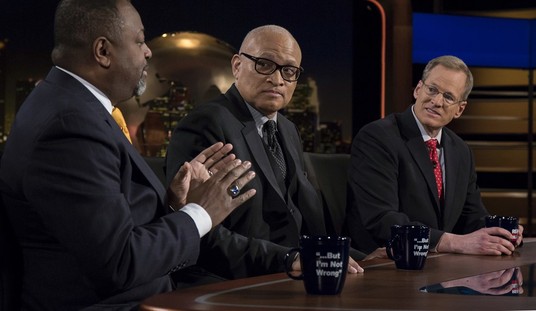
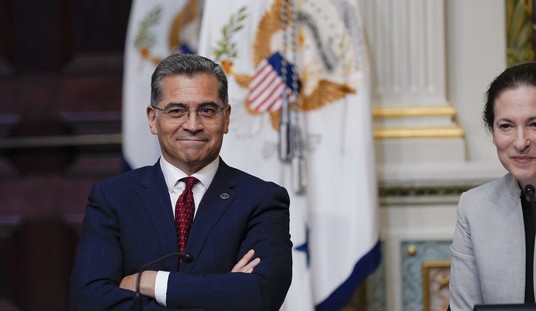


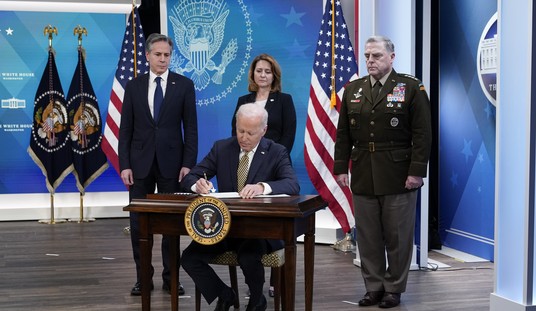



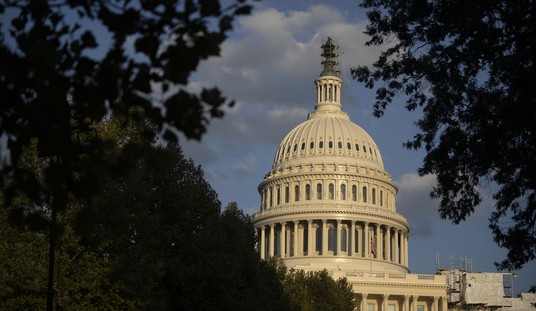

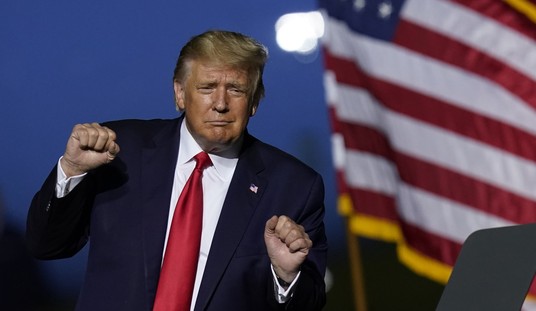

Join the conversation as a VIP Member